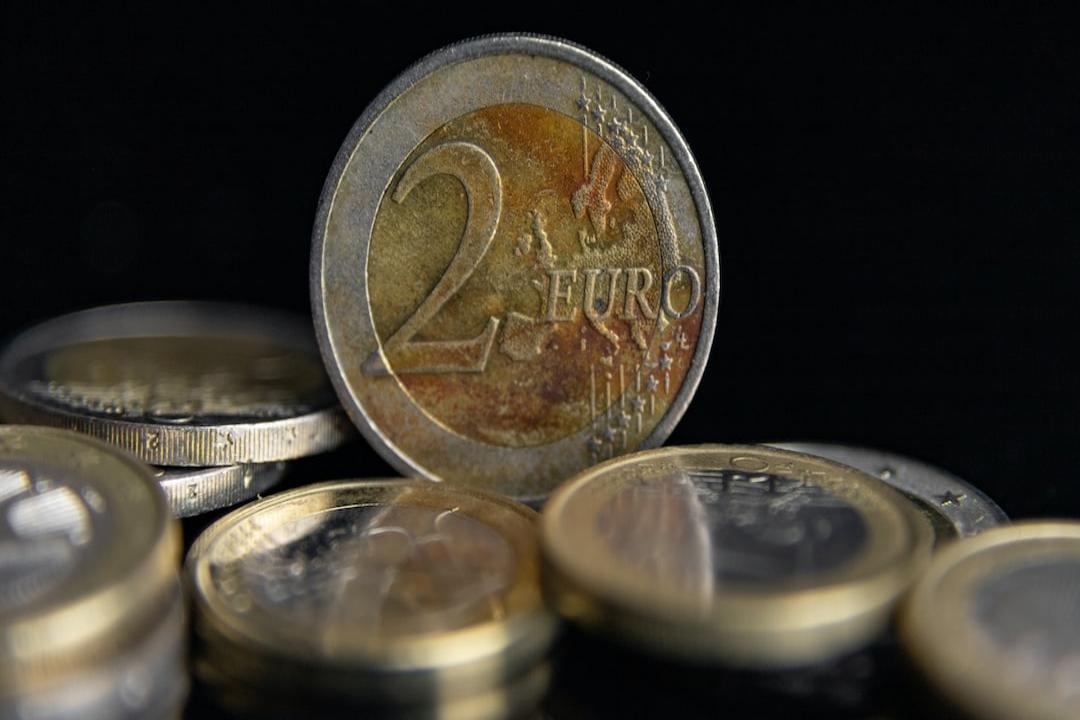According to reports from Reuters and Inner City Press, Do Kwon stated in court that he would waive his right to a trial, acknowledging that he could face a maximum sentence of 25 years in prison—of which “telecommunications fraud” carries a maximum of 20 years and “conspiracy fraud” a maximum of 5 years.
In the previous indictment, he faced multiple charges including fraud, commodity fraud, securities fraud, market manipulation, and money laundering; if all charges were upheld, the maximum sentence could reach 135 years.
The U.S. prosecution indicated that under a plea agreement, Do Kwon is required to pay up to $19.28 million (plus interest) in forfeited funds, surrender a substantial amount of real estate, and pay restitution. He agreed not to contest the factual statements in the indictment. In exchange, the U.S. Department of Justice (DOJ) would recommend a maximum sentence of 12 years and support his request for international transfer after serving half of his sentence. However, Judge Paul Engelmayer emphasized that he is not bound by the prosecution’s recommended sentence, meaning a longer sentence could still be imposed.
In a prepared statement, Do Kwon admitted that he conspired with others to defraud UST investors between 2018 and 2022 in South Korea, the Southern District of New York, and other locations, utilizing international and interstate telecommunications systems to carry out the fraud. He acknowledged that he made false statements in 2021, misleading the public about the reasons UST could re-peg to the dollar, which was actually related to the intervention of a trading company. In his statement, he said, “What I did was wrong, and I apologize for my actions.”
The design of UST relied on a dual-token mechanism and algorithm with the governance token Luna to maintain price stability. However, following its collapse in 2022, it triggered market panic and a liquidity crisis, leading to the demise of several cryptocurrency companies. Prior to the collapse, Do Kwon had repeatedly supported UST on social media, even making statements like “Have fun staying poor” and “Steady lads.”
In addition to the criminal case, Do Kwon and Terraform Labs also face a civil fraud lawsuit brought by the U.S. Securities and Exchange Commission (SEC) in February 2023. In April of this year, a jury found that both had indeed made false and misleading statements to investors during the sale and purchase of Terraform securities, violating federal securities laws and must be held accountable for civil fraud.

